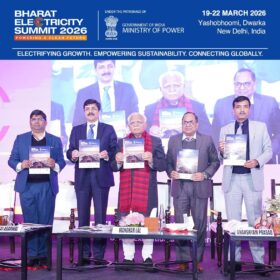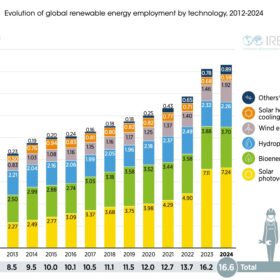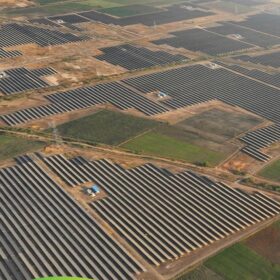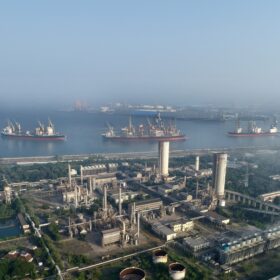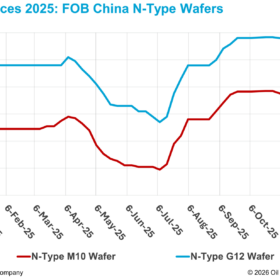New Delhi to host Bharat Electricity Summit 2026 from 19–22 March
The four-day Summit will focus on the entire power value chain, including power generation (with emphasis on clean energy systems such as solar, wind, hydro, green hydrogen, etc.), transmission and distribution, energy storage, and energy efficiency solutions.
Canadian Solar wins U.S. patent litigation against Maxeon
The patent infringement case was related to an unspecified TOPCon solar cell technology.
Smart grids, smarter solar: Preparing India’s grid for high renewable penetration
Smart grids represent a fundamental shift in how electricity networks are planned and operated. By leveraging digital technologies, real-time communication, and automation, smart grids enable utilities to respond dynamically to changing grid conditions. For India, this transformation is critical to maintaining reliability while integrating large volumes of solar and wind power.
Solar accounted for 7.24 million jobs in 2024
The International Renewable Energy Agency’s annual review into employment finds solar held over 43% of global jobs in the renewable energy sector in 2024.
Powering the green shift: How India’s renewable energy workforce evolved in 2025 and what lies ahead in 2026
High solar irradiation, expanding wind corridors, improving transmission infrastructure, and declining storage costs position India to be one of the largest contributors to incremental global renewable capacity additions by 2030. This also strengthens India’s role as a long-term hub for renewable project execution talent.
India adds record 37.9 GW of solar capacity in CY2025
Solar additions in CY2025 comprised 28.6 GW of new utility-scale solar capacity (up about 54.6% year-on-year), 7.9 GW of rooftop solar capacity (a 72% YoY increase), and 1.35 GW of off-grid/distributed solar capacity (8.8% lower than installations in CY2024).
Mercom finds widening gap between storage auction bids and project economics
Only around 50% of standalone battery energy storage system (BESS) projects analyzed in India demonstrate positive project economics under modeled assumptions, according to Mercom India Research’s newly released LCOS and Bidding Trends in Indian Energy Storage Projects report. The projects assessed were auctioned between July and November 2025.
Uniper, AM Green sign long-term offtake agreement for up to 500,000 tons per year of renewable ammonia from India
Uniper has signed the agreement to offtake up to 500,000 tons per year from AM Green’s green ammonia projects. The first shipment is expected to happen as early as 2028 from AM Green Ammonia’s first 1 million ton per annum (MTPA) under construction plant in Kakinada, Andhra Pradesh.
N-type wafer prices rise over 10% as silver-driven cell costs increase
In a new weekly update for pv magazine, OPIS, a Dow Jones company, provides a quick look at the main price trends in the global PV industry.
India’s solar capacity additions on track: SBICAPS
India is estimated to have added a record 40 GW of solar capacity in CY 2025, supported by strong utility-scale execution and a surge in rooftop installations. Energy storage tendering also picked up pace.
